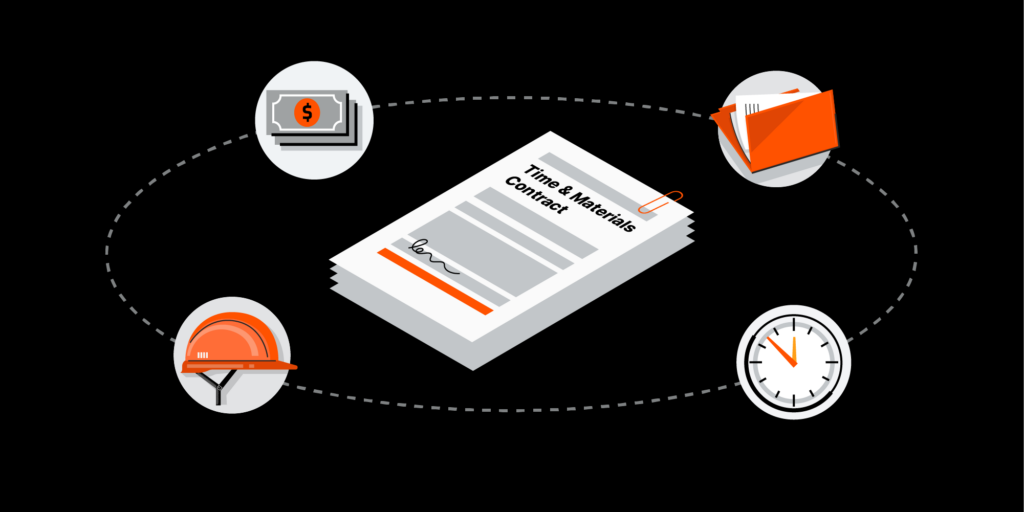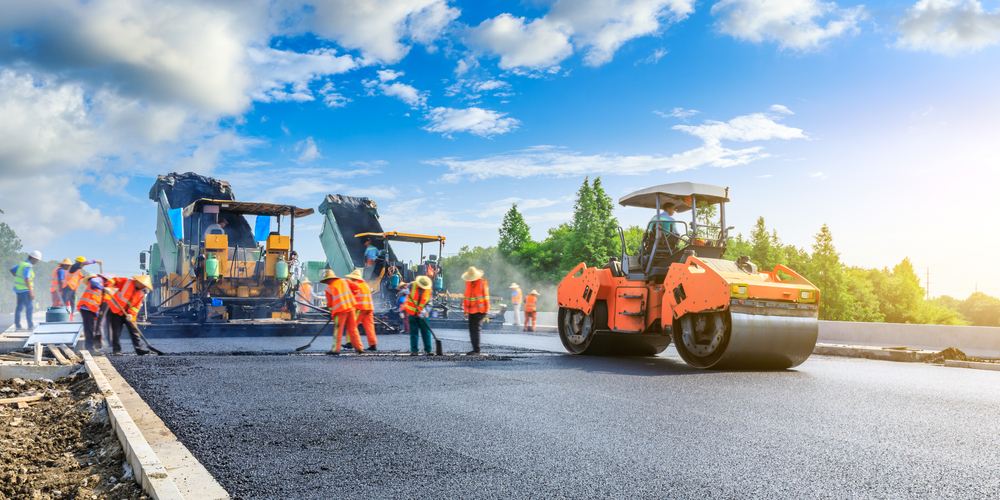— 4 min read
Construction Site Inspection
Last Updated Sep 10, 2025
Harshil Gupta
Product Marketing Manager
23 articles
Harshil Gupta is a Product Marketing Manager at Procore. Backed by a stint in engineering and rich experience in growth and product marketing, he's enthusiastic about the role of technology in elevating and enabling other industries. He lives in Toronto.
Last Updated Sep 10, 2025

Construction site inspections are critical to ensuring that quality and safety procedures are followed correctly from the start. Construction projects involve coordinating multiple project team members, materials, and equipment, which may expose contractors to many potential risks and hazards. In order to successfully run a construction site through the entire lifecycle of the project, routine jobsite inspections are necessary.
Table of contents
Types of Construction Site Inspections
Progress Inspections
A construction site inspection checklist is essential in the planning phase of a construction project as it ascertains compliance with project requirements. Once the project has broken ground, progress inspections become part of the job site’s daily routine to guarantee these requirements are met.
Depending on the project size, progress inspections are conducted by one or more individuals across several trades. If a specific aspect of the project requires additional input, specialists may be brought in to perform inspections on things like the environmental policy, waste management plan, and accessibility.
Quality Inspections
Quality control inspections ensure the finished construction work meets the quality standards set in place. Quality inspections also make sure that the project complies with all the specifications and quality requirements listed in the contract documents. Quality inspections include regular site walkthroughs, and they typically result in a monthly quality report that identifies issues and monitors progress.
Safety Inspections
Construction is a dangerous industry, and jobsites are full of safety hazards. Routine inspections for compliance with company policies and government regulations are an essential part of any safety program. Heavy equipment like cranes and yellow steel should be inspected with a checklist customized to the particular piece of equipment before each use. In the event of an accident, an inspection will typically be conducted during the recording of an incident report.
Building Regulation Compliance Inspections
By carrying out building regulation inspections, builders ensure that performed work is going to be approved by the local authority’s building control department or by an approved inspector. Depending on the details of the project, these building regulation inspections vary in number and frequency.
These inspections most often occur during:
- Commencement
- Excavation (before excavations are filled)
- Foundations (before they are covered up)
- Laying of damp proof courses
- Installation of new drains (before covering up)
- Construction of the primary structure
- Installation of insulation
- Roof construction
- Completion
When Does A Site Inspection Occur?
Pre-Construction
While most construction site inspections are conducted during the construction phase, they can begin in pre-construction. Pre-construction inspections survey the property condition and neighboring areas before construction begins. Pre-construction site inspection checklists may consist of checks on planning permissions, conditions, and obligations to ensure compliance with local authorities.
During The Project
As the term suggests, construction site inspections most often occur on the construction site. The specifications, budget, and schedule are the primary measures of quality during a construction project.
Project Closeout
The final inspection and construction closeout process consists of site walkthroughs verifying everything has been completed in accordance with the contract documents. Once confirmed, the building is ready for its intended use or occupancy. This means the punch list has been completed, and submittals, lien waivers, warranties, close-out documentation, manuals, and as-builts have been turned over to the owner and verified for completeness.
Common Inspection Items
Virtually anything on the jobsite can be the subject of an inspection.
- Work progress compliance with plan and specifications
- Work quality and compliance with standards and specifications
- Paints and coatings
- Field testing and materials sampling of soils, concrete and asphalt, etc.
- Review and completion of change order/s
- Equipment, e.g. cranes or scaffolding
- Materials delivered and installed
- Building completion
- Punch lists and monitoring of completion works
- Handover for smooth project close-out
Jobsite Inspection Software
Construction site inspection software can help improve your construction site inspection processes. Digital construction site safety inspection forms facilitate documentation, tracking, and collaboration.
With a construction site inspection app, your teams can build out, manage, and maintain your company-wide inspection library. Standardization also allows you to baseline your current processes, identify problems, and improve your overall quality and safety program.
Leaving Risk Behind
Risk is part of every construction project. Construction site inspections help mitigate some of that risk by providing a process that allows teams to deal with human error and unforeseen changes that occur throughout the project. Having a refined checklist for construction site inspections will help drive successful completion of the project and provide visibility into areas for improvement. That way, teams can stay ahead of safety issues and leave risk behind.
Categories:
Written by
Harshil Gupta
Product Marketing Manager | Procore
23 articles
Harshil Gupta is a Product Marketing Manager at Procore. Backed by a stint in engineering and rich experience in growth and product marketing, he's enthusiastic about the role of technology in elevating and enabling other industries. He lives in Toronto.
View profileExplore more helpful resources

The 5 Key Types of Construction Contracts
There are five common types of construction contracts: lump sum (or fixed price), time and materials (T&M), unit price, guaranteed maximum price (GMP), and cost-plus. Each of these contract types...

Time and Materials (T&M) Contracts in Construction: Guide for Contractors & Project Owners
A time and materials (T&M) contract is a construction agreement where the project owner pays the contractor for all material and labour costs on a project as well as contractor...

Invitation to Tender (ITT) Explained for Construction
An invitation to tender (ITT) is an official document issued by a project owner that targets contractors to solicit tenders for a construction project. The ITT provides all tenderers with...

How Construction Feasibility Studies Guide Building Decisions
There are countless steps taken by stakeholders to ensure the success of a construction project — and many questions that need answering before getting started. Can the project be built...